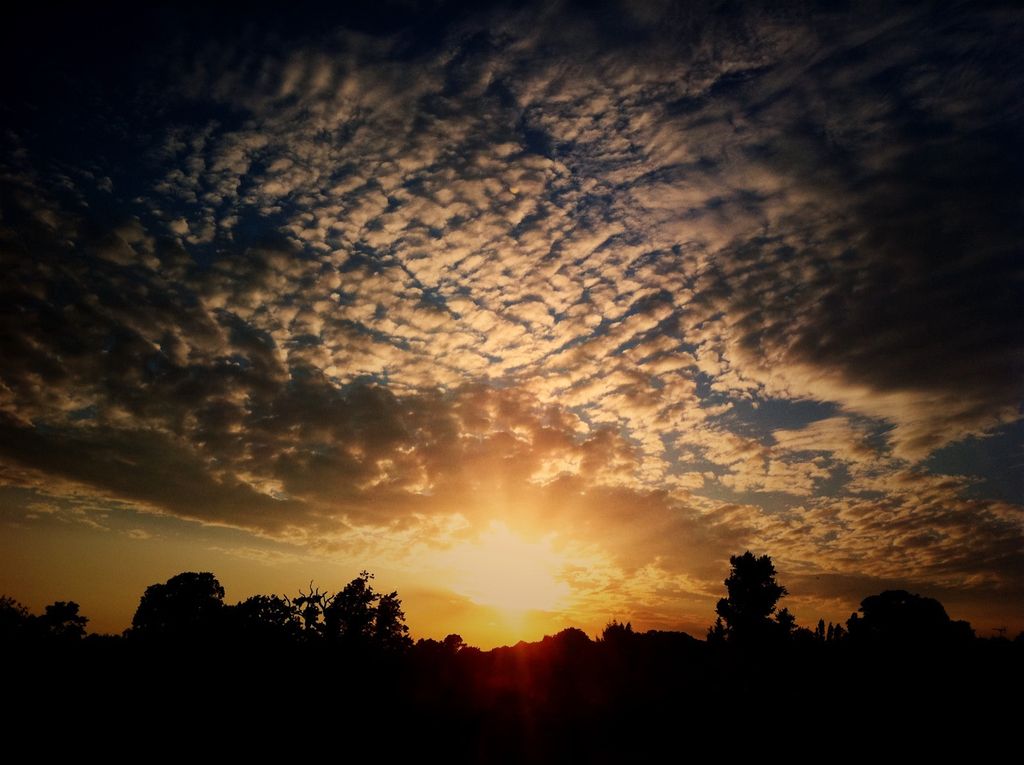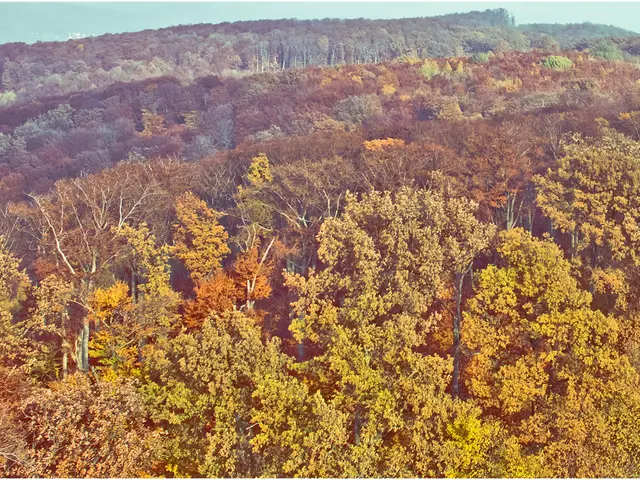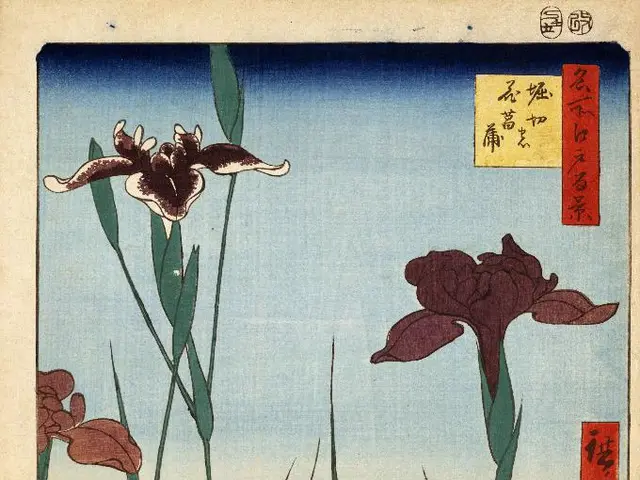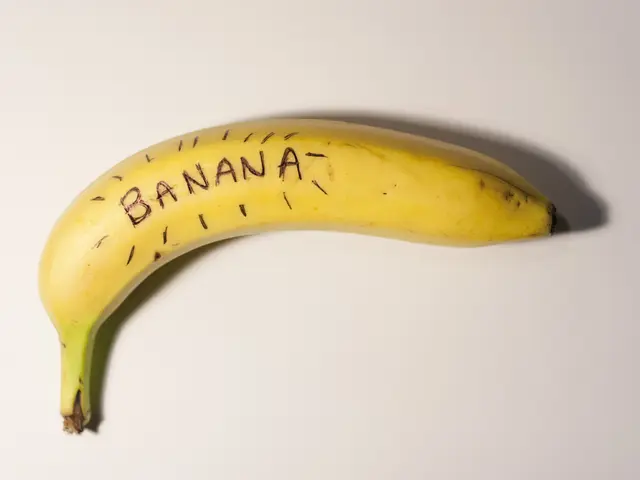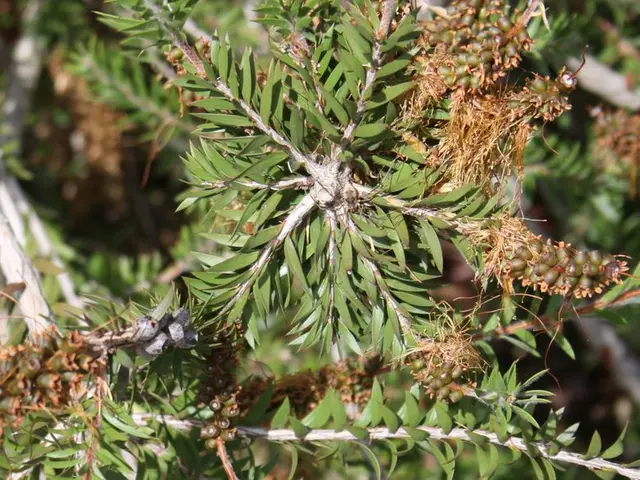Coffee grounds are detrimental to the growth of these particular plant species.
Hey there, gardening guru! Let's dive into using coffee grounds as a fertilizer; it's a nifty trick, but not for every leafy pal of yours. Here's the scoop:
Coffee grounds are often hailed as a hidden gem in the gardening world. Rich in nitrogen, potassium, phosphorus, and other goodies plants adore, they can help bring life to your patch. The reputation of being a slug repellent and soil enhancer is well-deserved, albeit not completely accurate. But remember this: Not all plants appreciate the caffeine kick!
The main issue lies in coffee grounds being slightly acidic, which can lower the pH level of the soil, causing problems for plants that favor alkaline or neutral conditions. On top of that, they can cause mold or soil compaction when not properly mixed or dried, and the high caffeine content may stress delicate roots like serving a fragile houseplant a never-ending espresso.
With that said, here are a few plant pals that would rather skip the coffee:
- Lavender - Needs alkaline, permeable soil. The addition of coffee grounds makes life a little harder for lavender.
- Meditteranean Herbs (Rosemary, Thyme, etc.) - These sun-worshipers prefer dry, alkaline environments. Coffee grounds bring way too much acidity and moisture.
- Basil - While it likes moisture, coffee grounds can cause a reaction with wilting leaves.
- Orchids - High-maintenance divas, orchids dislike anything that affects the air permeability of their roots. Coffee grounds are a big no-no in this case.
- Succulents and Cacti - These desert dwellers need nutrient-poor, dry soil. Coffee grounds bring way too much moisture and nutrients that can potentially cause rot.
- Aloe Vera - Nutrient-poor soil is its neighborhood of choice, so coffee grounds can potentially harm the roots or halt growth.
- Begonias and Geraniums - These beloved balcony bloomers dislike acidic soil. Coffee grounds can dampen their blooming spirits and harm the roots.
- Additional "No Go" Plants - Garden cress, lemon trees, parsley, beans, peas, chives, daffodils, and lupines.
While coffee grounds are great for most plants, always remember to check if your plants prefer acidic soil first. If they don't, it's best to seek alternative methods of care. Happy gardening, folks!
- Despite their rich nutrient content, coffee grounds are not suitable for plants like lavender, Mediterranean herbs (such as rosemary and thyme), basil, orchids, succulents and cacti, aloe vera, begonias, and geraniums, as they favor alkaline, dry, or nutrient-poor soil or may react adversely to the acidic and moist conditions created by coffee grounds.
- Home-and-garden enthusiasts should be mindful that not all plants thrive in coffee grounds, as some popular choices like garden cress, lemon trees, parsley, beans, peas, chives, daffodils, lupines, and specific species of houseplants may be negatively impacted by coffee grounds, potentially causing harm to their roots and hindering growth.
